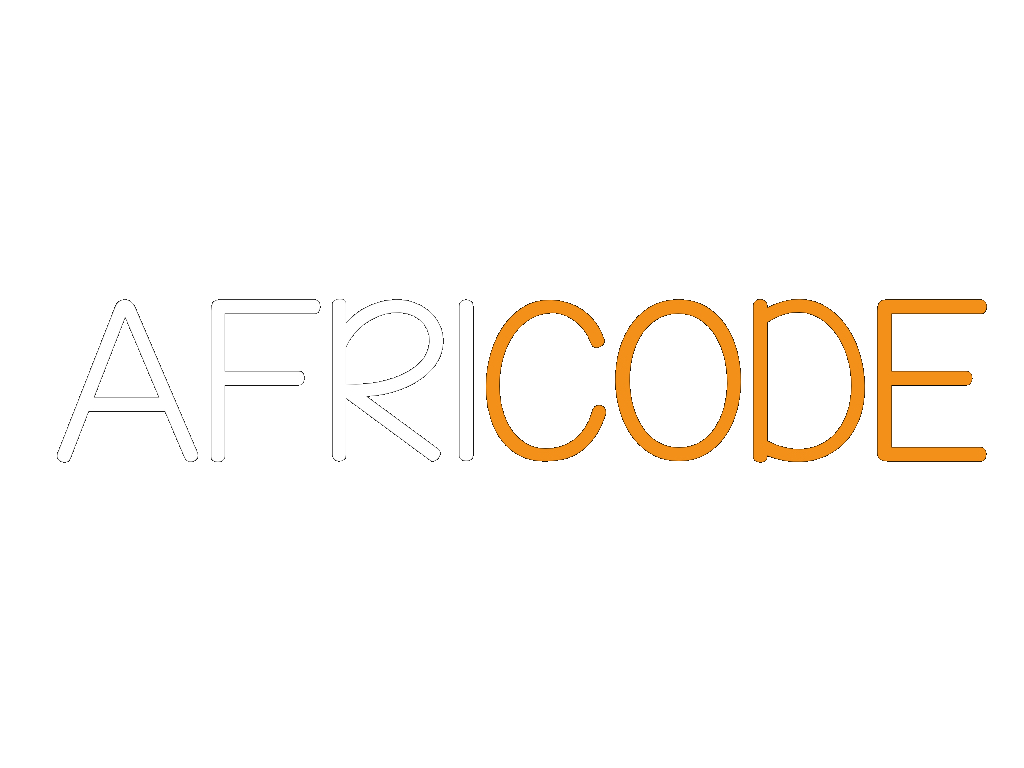This post is a bit late because I needed to inhale, exhale, and then wake up to our soon to be reality. Trump will be the next president of America. This post is not intended to be political. I could not vote, so my opinions on the elections really had zero value. However, now that the dust has begun to settle in, I want you to understand the implications of Trump becoming president especially as it attains to African Techies.
Why is this important? I am glad you asked! I was talking to one of the kids I mentor in Nigeria last week, whose plans might I add is to eventually come to the US for his masters and find a good paying computer science job in the US. This kid, yes, I am calling a 6'4 tall junior in college a kid, told me he does not care about the US presidency. I was shocked. And then, it dawned on me that many people, especially international students in the US ( or eventually planning to be), do not understand how Trumps presidency might affect them so I plan to explain it to you all that in this post.
"Skilled" immigration might no longer be possible. That is to say, hiring professional coders to work for US companies, especially in the US, might be tough. Breaking it down further, if you are an international student, it might be more difficult for you to find a Job in the US. So, maybe you should start considering migrating to Canada, or moving back to Africa - no, seriously!
Silicon Valley as we know it today is built on immigrants with visa and H1-Bs. However, there are a lot of uncertainly about what Silicon Valley will look like going forward. Currently, a lot of skilled international software engineers are hired into companies like Google, Facebook, Microsoft and even smaller start-ups. Going forward, there might be laws to enforce that US citizen get first pick at these jobs.
Additionally, you are sleeping under a rock if you don’t know how hard it is to get an H1-B visa these days. H1-B is a visa that allows US companies to hire college graduates. The US issues only 65,000 H1-Bs a year. You think that is a lot? The USCIS received 236,000 applications in the first 5 days after opening up the application last year. That means there is currently a less than 25% chance you will get a H1-B visa. Even if you start up working on OPT, there is a less that 25% chance you will remain in the US 3 years after you are done with college. Now, if Trump reduces the 65,000 cap, then, I mean, you might just be screwed.
I hope this posts opens your eyes and allows you to rethink your future and helps you plan accordingly. Obviously, there is still a lot of uncertainty, but I wanted to make I explained what might happen to you all. In the main time, read Trumps stance on immigration here.
Checking out…
